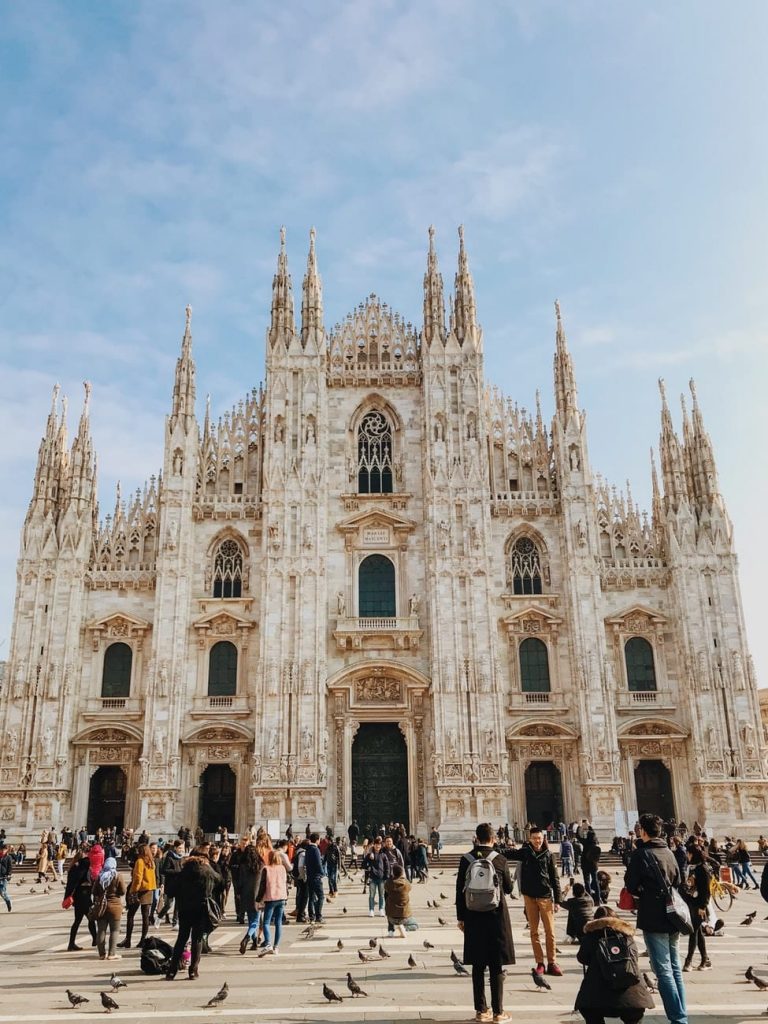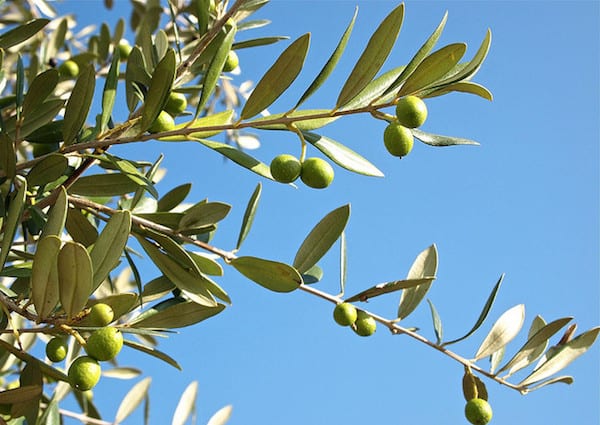
Italian Olive oil is a staple in the Mediterranean diet and a growing favorite across the world. Italy is one of the top producers of olive oil, and it’s hard not to imagine the golden liquid when thinking of Italian cuisine, but it turns out there’s more to the world of olive oil than just an E.V.O.O. title. Since the 2011 publication of journalist Tom Mueller’s book, Extra Virginity: The Sublime and Scandalous World of Olive Oil, the world has been turned on to the huge business that is adulterated olive oil. Today, issues of authenticity, traceability, and organic certification are more important than ever for discerning consumers.

Table of Contents
ToggleThe U.S. is the best place in the world to sell fake olive oil.
Unfortunately, many sellers still pass off lower-quality oil mixed with food coloring as extra-virgin olive oil. Although some countries have laws to monitor the use of “virgin” or “extra-virgin” on labels, the United States has fewer regulations. Because olive oil is one of the fastest-growing industries, Americans join Mediterraneans in loving the liquid gold. As a result, the market teems with knock-offs. Virgin means producers use only natural, physical processes—not chemicals. True extra-virgin olive oil is cold-pressed, a method that protects the oil’s authenticity. This process also preserves delicate flavors and health benefits.
Lower-quality or adulterated olive oil isn’t as good for you as the real stuff.
Extra virgin olive oil always has a slight “bite.” That’s a good sign. Oleocanthal, a molecule in olive oil, works as an anti-inflammatory and reverses the effects of protein byproducts thought to contribute to Alzheimer’s. Additionally, olive oil contains powerful polyphenols. These polyphenols:
- Help prevent cancers of the colon, breast, ovary, and prostate
- Lower the risk of thrombosis, stroke, and heart attack
- Aid the immune system
- Improve cognitive functioning and memory
You only find these impressive health benefits in authentic extra-virgin olive oil, especially when it’s cold-pressed and, ideally, organic.
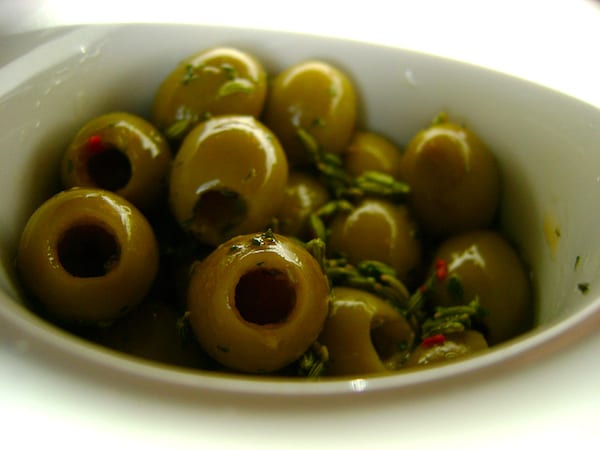
You can’t trust a “Made in Italy” label.
Many people still associate olive oil with Italy, and for good reason. Italian olive oil is considered some of the best in the world. Often, consumers choose Italian oils when seeking high quality. However, a “made in Italy” label does not always reflect the truth. The Italian industry fears for its reputation as food fraudsters continue to introduce low-quality blends onto the market under the Italy title. This behavior gives the entire nation a bad name. Not only is food fraud dishonest, but it can also be dangerous. Misleading labels prevent us from knowing the processes, the product, or the actual ingredients. This lack of transparency may expose people to allergens and other food-related illnesses. Therefore, traceability and authenticity are crucial—knowing where your olive oil comes from and how it is made makes all the difference.
It’s not possible for real, extra-virgin olive oil to be cheap.
Cheap olive oil is almost never real. The market floods with foreign oils that are sent to Italy to “just be bottled.” Afterward, producers can legally label these oils as “made in Italy.” Olive oil production costs a lot. True olive oil harvesters often make little profit. They must:
- Care for the trees year-round
- Hire workers to prune, fertilize, irrigate, and control pests
- Pay for milling, bottling, marketing, and shipping
- Cover permits, salaries, government controls, and chemical exams
Given these expenses, a 1.90 euro bottle of “pure, extra-virgin olive oil” seems suspicious. In fact, it is. By choosing authentic, organic, and cold-pressed olive oil, you support producers who value quality. Ultimately, this ensures you get the genuine article.
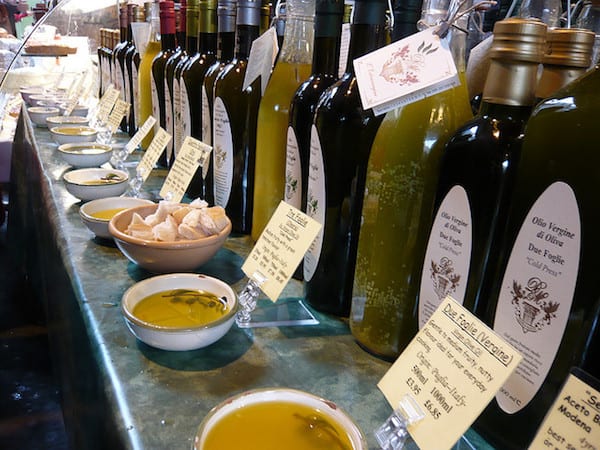
So how can I choose real extra-virgin olive oil?
Choosing real extra-virgin olive oil is not easy. Nevertheless, you can take several steps to increase your chances of buying the real deal. First, be willing to pay more. Next, look for containers that block natural light. Also, seek bottles with a date of harvest; use olive oil within two years of its harvest. Then, try a taste test. The oil should have a slight bite and taste fruity, bitter, and even peppery. Finally, know your vendor. Buy locally when possible. While the “Made in Italy” label is tempting, hold out for your trip to Italy to enjoy the real deal! Remember, traceability and organic certification provide further assurances of authenticity and quality.
Frequently Asked Questions about Olive Oil
What does “cold-pressed” mean, and why is it important for olive oil?
Cold-pressed means producers extract oil from olives without heat or chemicals. This method preserves the oil’s authentic flavor and health benefits. Cold-pressed extra-virgin olive oil is generally the highest quality.
How can I tell if my olive oil is authentic?
Authentic olive oil includes a harvest date and comes in dark bottles that protect against light. It may also display organic or traceability certifications. The taste should be fruity, slightly bitter, and peppery—never flat or greasy.
Are there health benefits to using real extra-virgin olive oil?
Yes! Real extra-virgin olive oil is rich in polyphenols and antioxidants. These compounds support heart health, reduce inflammation, and lower risks of certain cancers. Authentic, organic, cold-pressed oils offer the greatest benefits.
What does “traceability” mean in olive oil, and why does it matter?
Traceability allows you to follow olive oil from the grove to the bottle. You can verify its origin and production methods. This process ensures you get a genuine product and reduces the risk of adulteration.
Is organic olive oil better?
Organic olive oil comes from olives grown without synthetic pesticides or fertilizers. Many people prefer this for environmental and health reasons. While not all great olive oils are organic, certification provides extra peace of mind about quality and authenticity.
If you’re visiting Rome and want to know a little bit more about real Italian olive oil, check out our Rome Food Tour. During our trip to Campo dei Fiori market we visit one of our favorite stands, run by a family who have been selling their own olive oil here for over a century! The tour also includes numerous tastings of local produce and a pizza-making session at a local pizzeria. For details visit our Rome Food Tour.
by Gina Mussio
View more by Gina ›Book a Tour

Pristine Sistine - The Chapel at its Best
€89
1794 reviews

Premium Colosseum Tour with Roman Forum Palatine Hill
€56
850 reviews
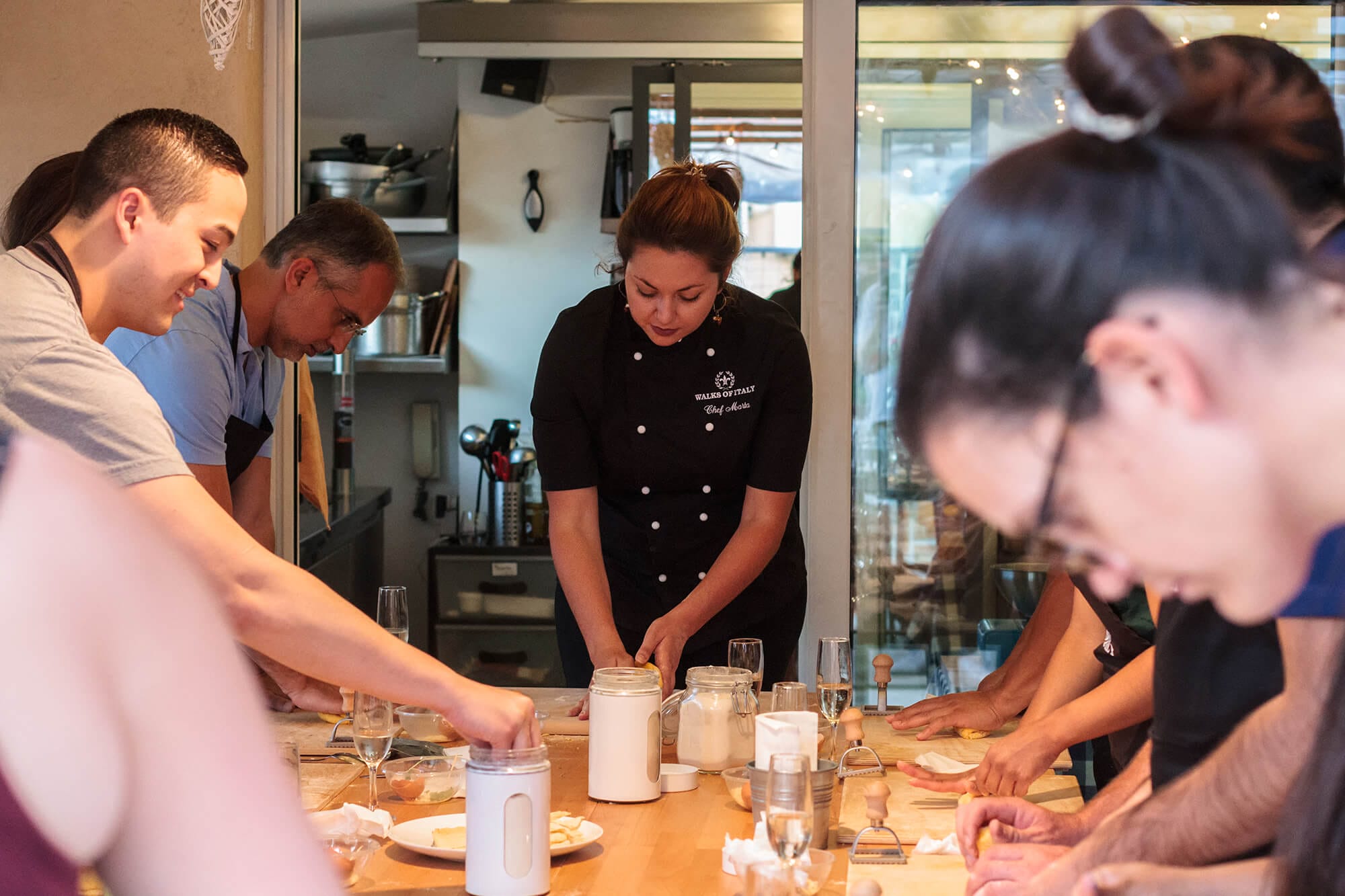
Pasta-Making Class: Cook, Dine Drink Wine with a Local Chef
€64
121 reviews

Crypts, Bones Catacombs: Underground Tour of Rome
€69
401 reviews

VIP Doge's Palace Secret Passages Tour
€79
18 reviews
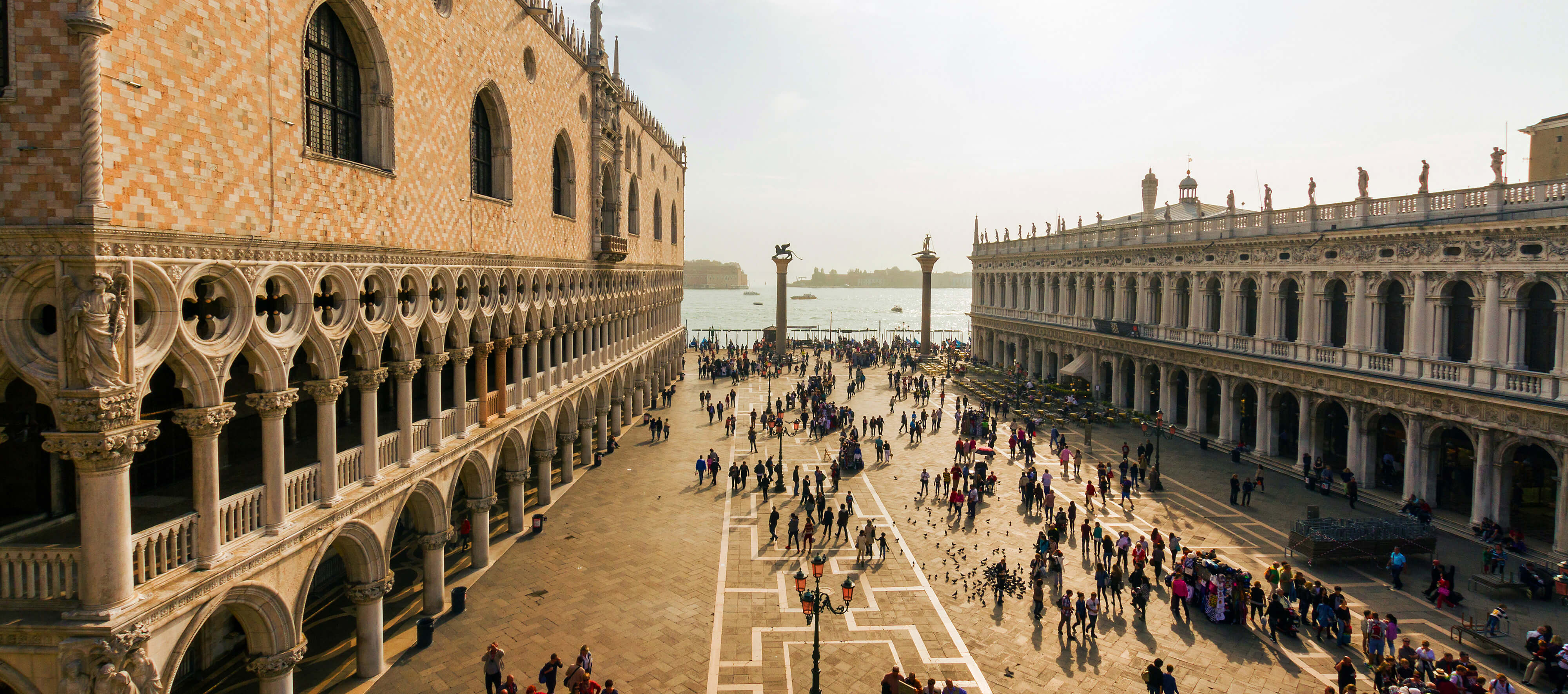
Legendary Venice: St. Mark's Basilica, Terrace Doge's Palace
€69
286 reviews





